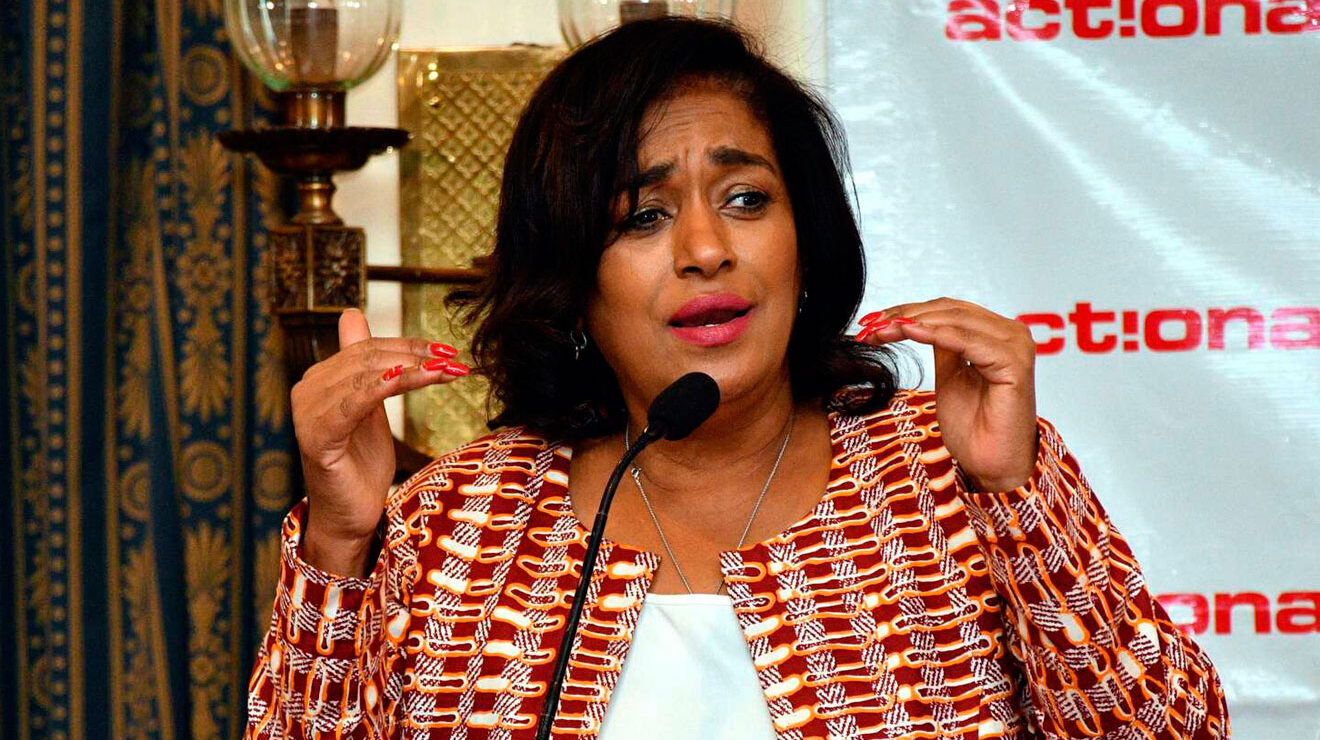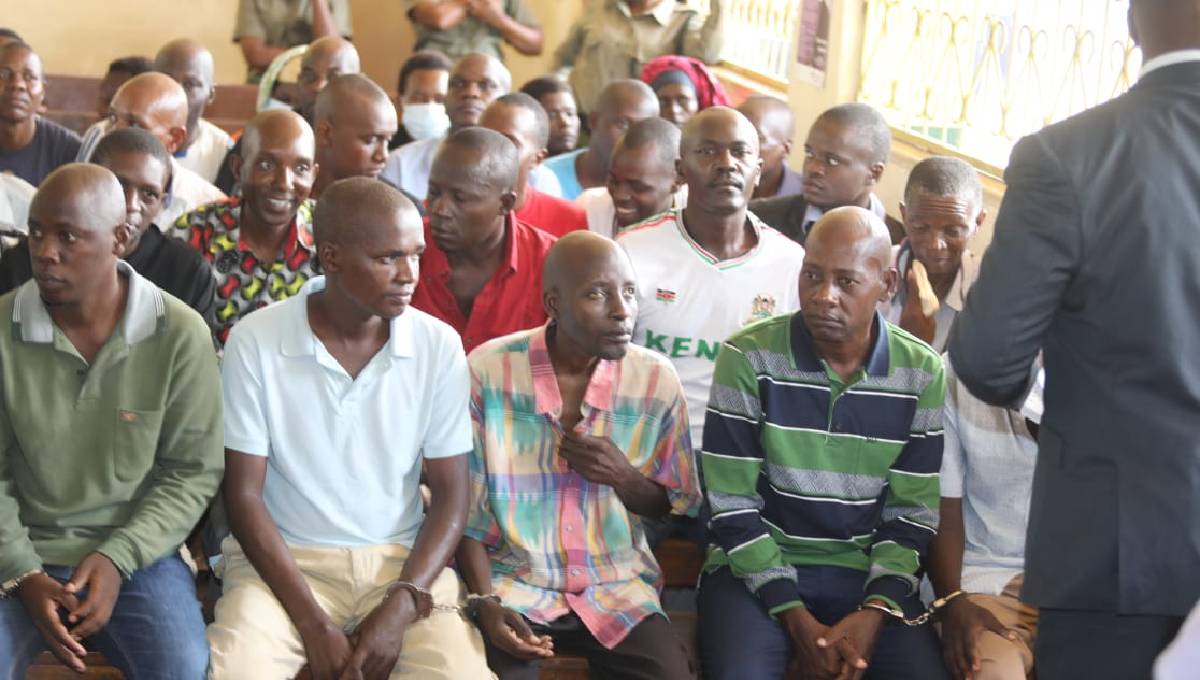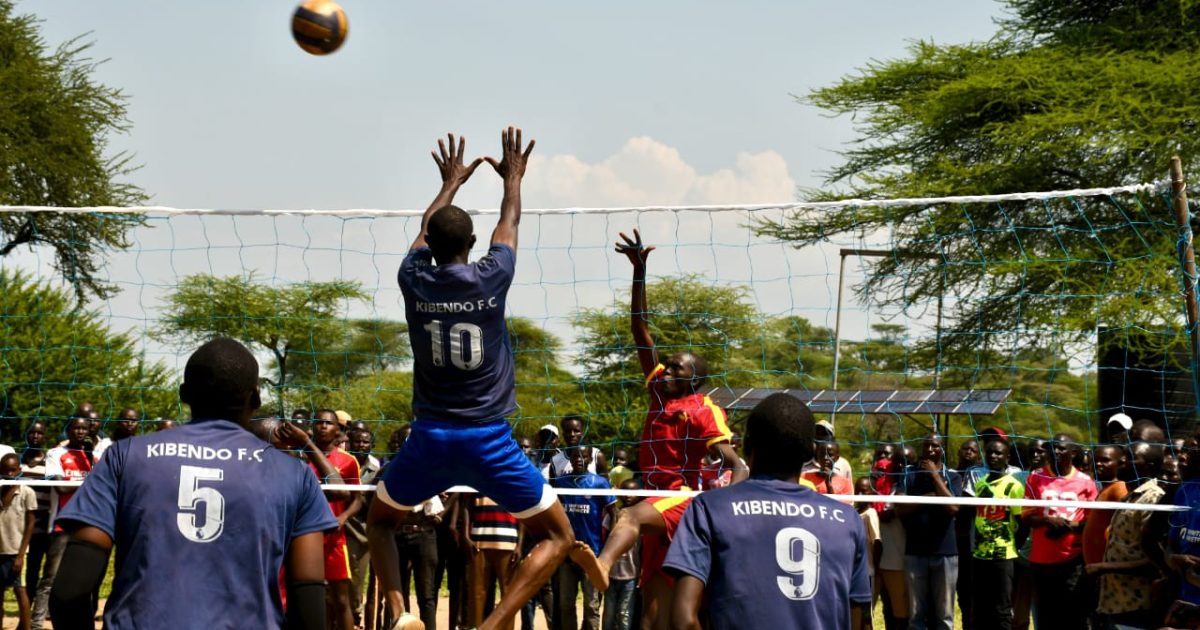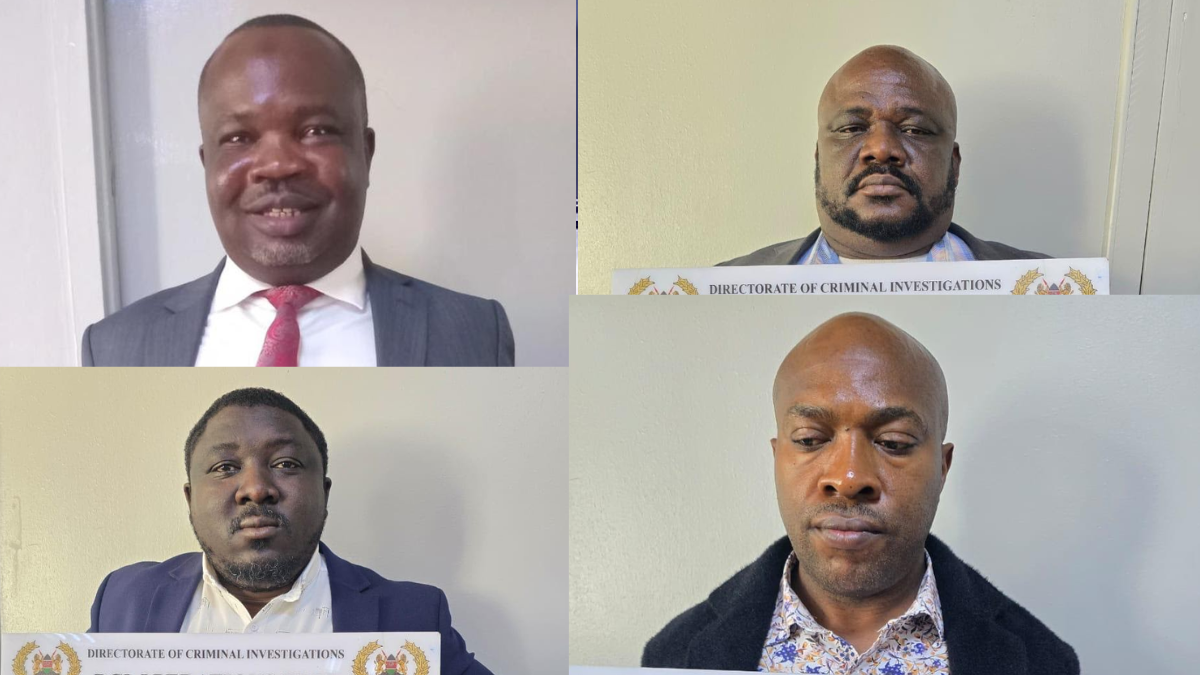In a historic ruling, the High Court in Nairobi has declared the criminalization of attempted suicide in Kenya unconstitutional.
Justice Lawrence Mugambi, presiding over the case on Thursday, struck down Section 226 of the Penal Code, citing it as a violation of fundamental human rights guaranteed by the Constitution.
Section 226 previously classified attempted suicide as a misdemeanor, punishable by up to two years in prison, a fine, or both.
Justice Mugambi, however, ruled that this provision infringes on Articles 27, 28, and 43 of the Constitution, which protect equality, human dignity, and the right to health.

“Section 226 criminalizes a mental health issue, endorsing discrimination on the basis of health,” Justice Mugambi observed.
“This not only contravenes Article 27 but also violates Article 28 by disgracing individuals struggling with suicide ideation in their communities.
It further erodes their right to attain the highest standard of health by exposing them to potential reprisals.”
The petition leading to this judgment was spearheaded by the Kenya National Commission on Human Rights (KNCHR) and the Kenya Psychiatric Association (KPA), with support from other institutions.
They argued that punishing suicide survivors violates the rights of persons with mental health challenges and stigmatizes a vulnerable population.
Before this ruling, Kenya was one of nine African nations where attempting suicide was treated as a criminal offense, alongside countries like Uganda, Ghana, and Tanzania.
The court’s decision is a monumental step towards addressing mental health issues with compassion rather than punitive measures.
Mental health advocates have hailed the judgment as a victory for human rights and a significant step in promoting awareness and support for those battling mental health struggles.
They believe it will pave the way for Kenya to strengthen its mental health systems and destigmatize conditions like depression and anxiety.
This ruling showcases the urgent need to shift societal perceptions about mental health, replacing judgment with understanding and criminalization with care.
For many, it is a beacon of hope that individuals grappling with mental health challenges can now seek help without fear of legal repercussions.











